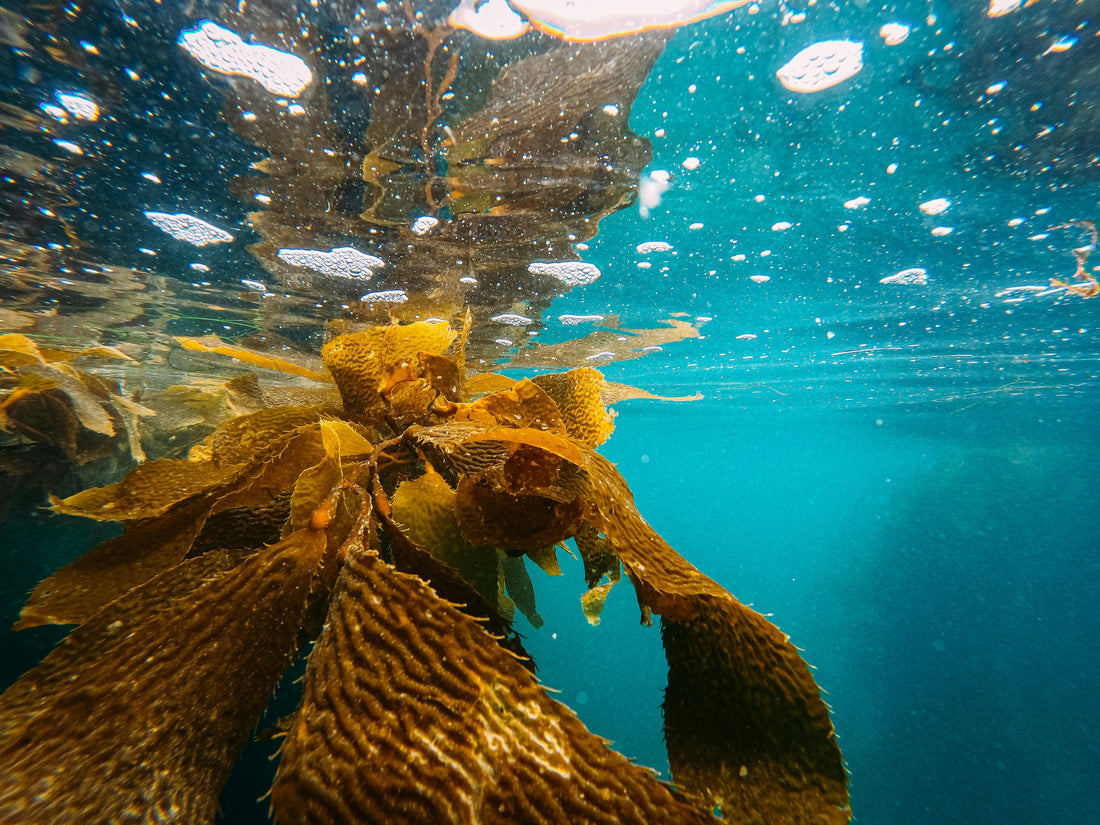🌊 The Downsides of Marine Biotechnology: What We Need to Watch Out For
Pelagic ProblemsWhile marine biotechnology holds huge promise, it’s not without its challenges and it’s important we talk about them.
1. Overharvesting and Biodiversity Loss
Some marine biotech projects still rely on harvesting rare or slow-growing organisms like deep-sea sponges or corals. Without strict protections or cultivation methods, this could damage fragile ecosystems and disrupt food webs.
2. Bioethical Concerns
Using genetic modification or synthetic biology on marine organisms raises big ethical questions especially when we’re altering wild species or creating synthetic versions without understanding long-term impacts.
3. Equity and Access Issues
Many marine discoveries come from international waters or Indigenous coastal regions, but the profits often go to private companies. Without fair benefit-sharing, marine biotech can reinforce global inequities.
4. Environmental Footprint of Scaling Up
Large-scale cultivation of marine organisms (like algae or seaweed) can have environmental downsides if done poorly like releasing invasive species, altering local nutrient cycles, or using large amounts of freshwater and energy.
5. Regulatory Gaps
Marine biotech is growing faster than regulation can keep up. That can lead to projects operating without enough environmental oversight or clear safety standards.
Why We Still Believe in It
We share these downsides not to discourage exploration, but to encourage responsible innovation. Marine biotechnology can be a force for good but only if it's done with transparency, sustainability, and justice at its core.

